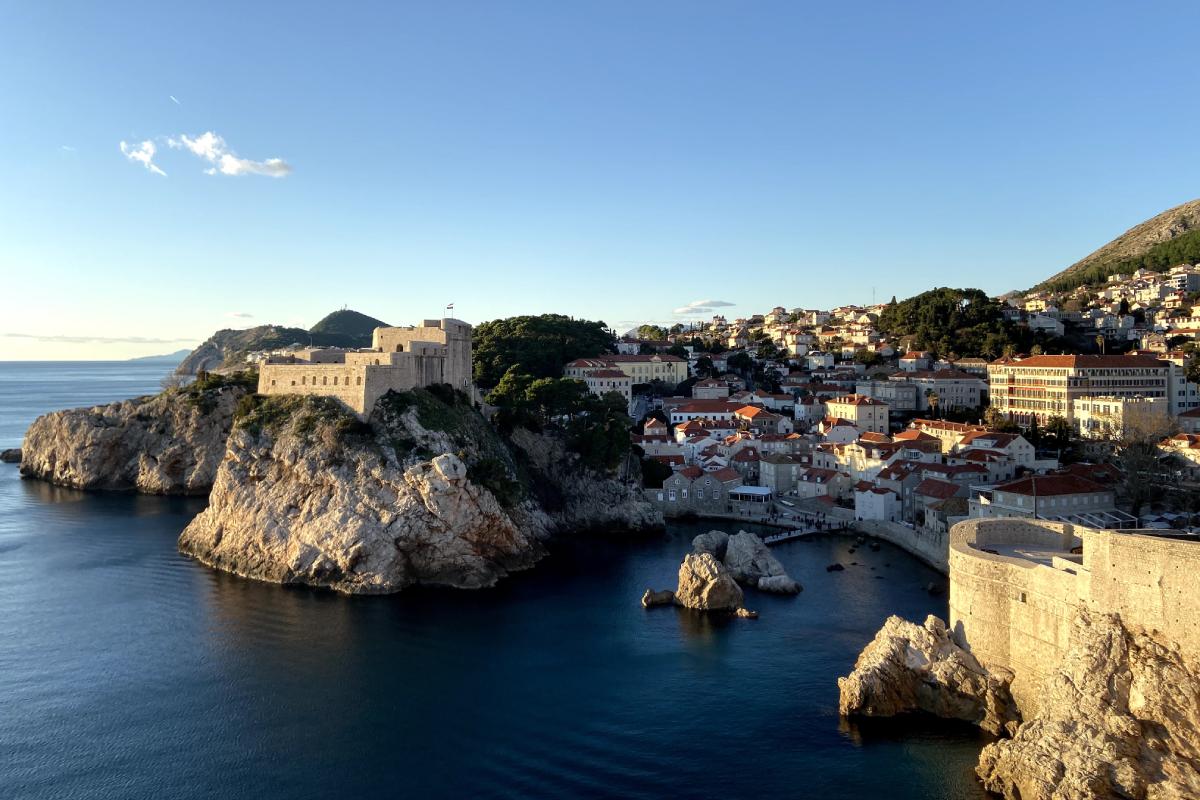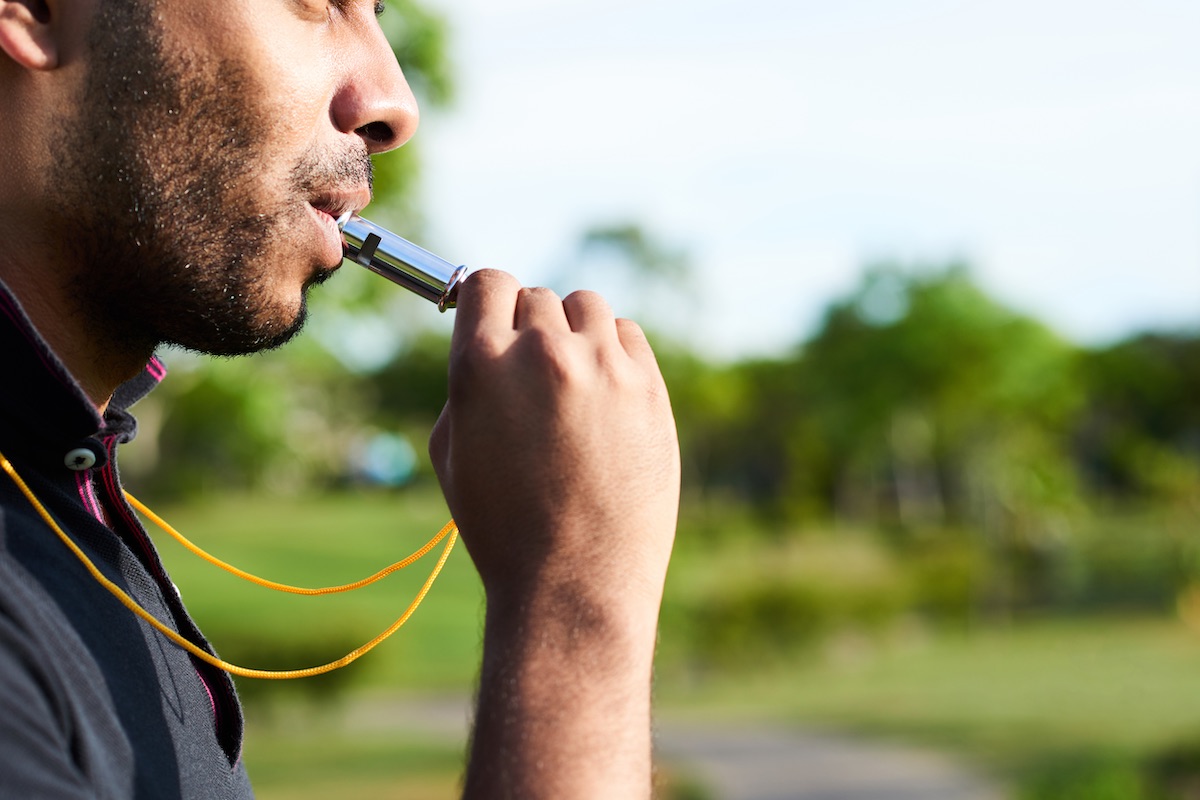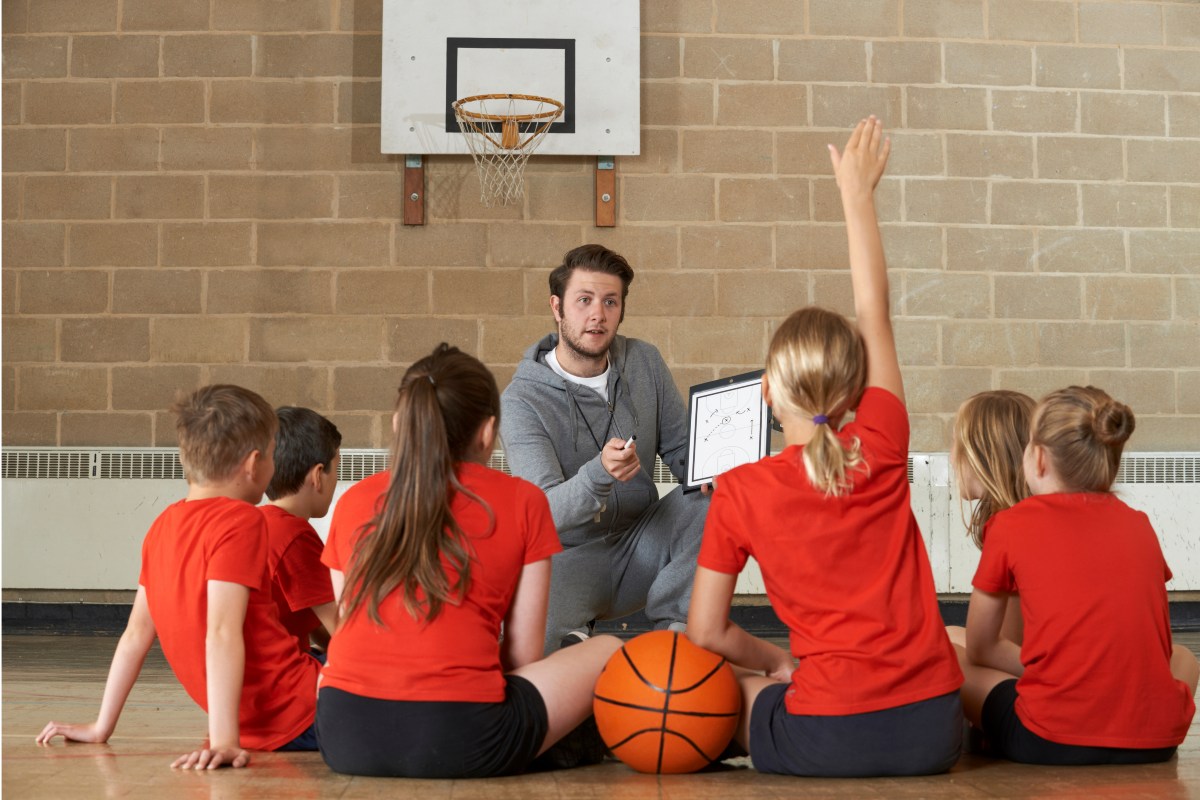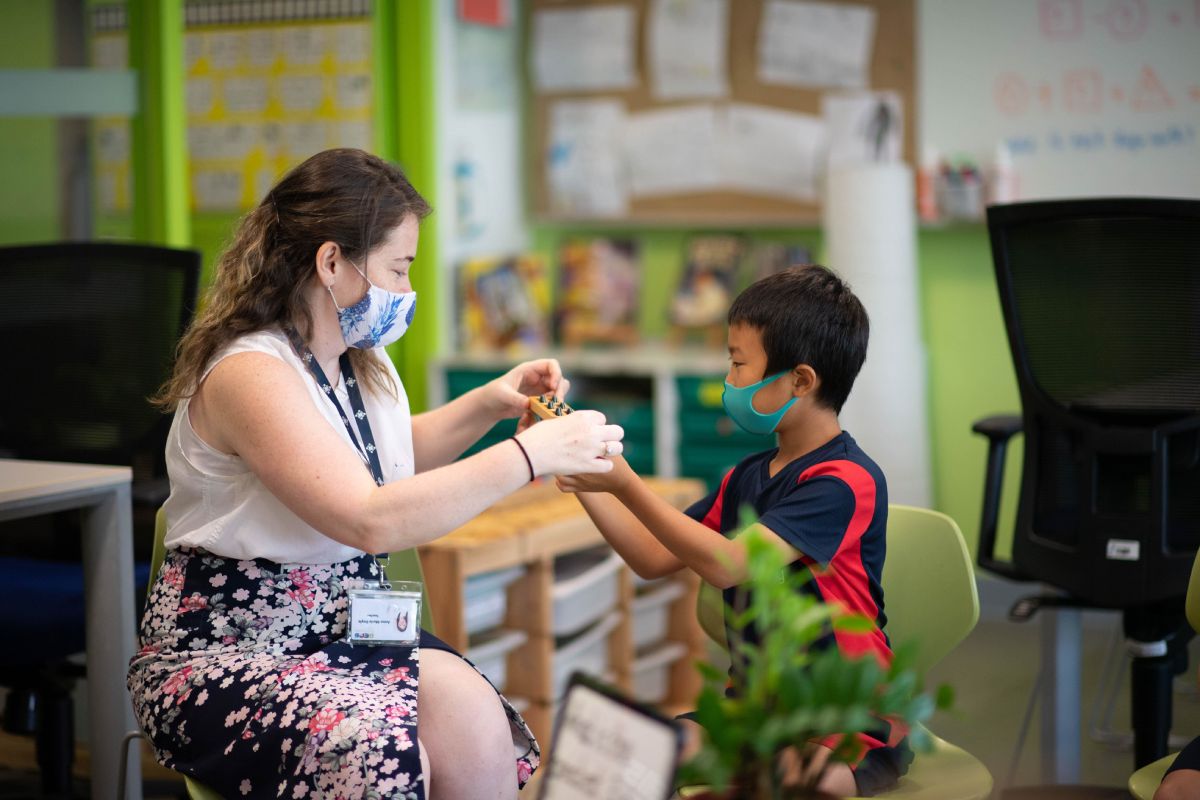International PE-Teaching: A Reflection
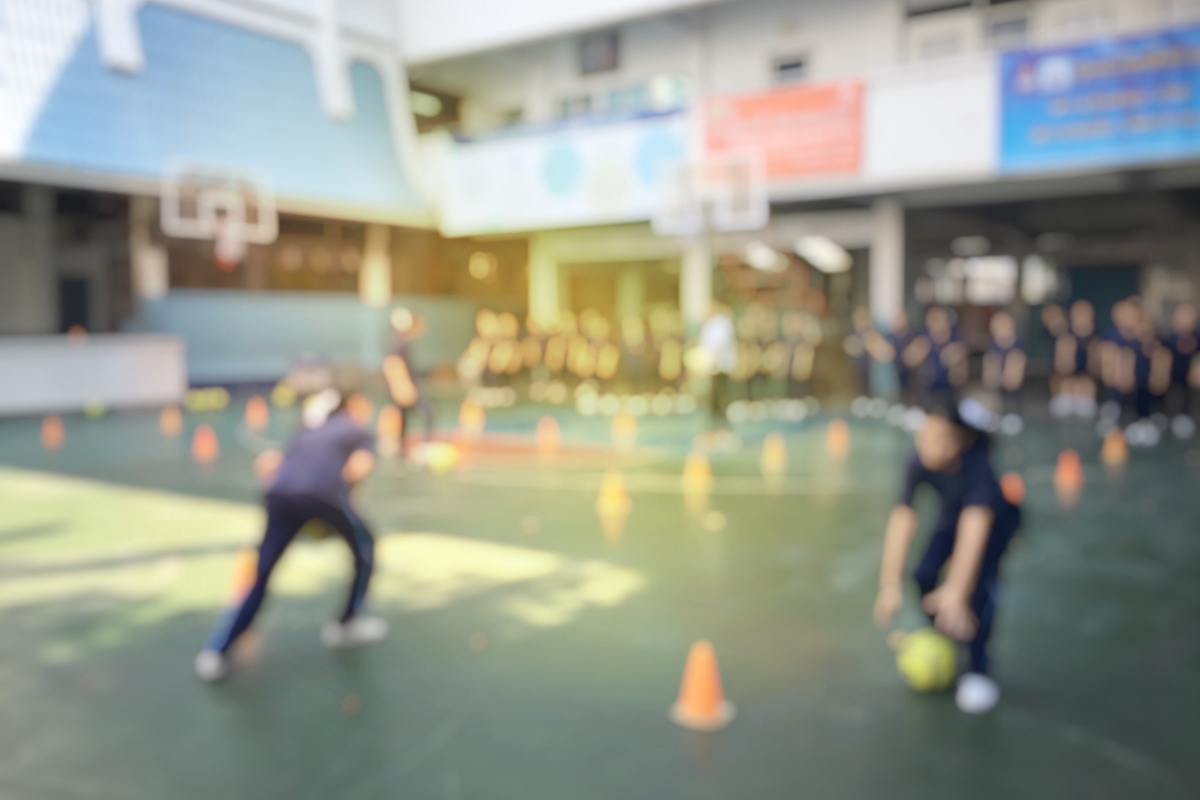
This article was originally published on February 12, 2021 at PhysEquity.wordpress.com.
I had been teaching in the UK for a few years when I was first introduced to the idea of teaching internationally. A colleague of mine had secured a teaching position at a British international school in Spain, and immediately I was intrigued. Until that point it had not occurred to me that this was a realistic option, and whilst I knew that international schools existed, I had not ever seriously considered working in one myself.
I quickly became more and more interested in the idea. I would spend hours scrolling through TES adverts and dreaming, but there was always something that held me back from actually taking the next step. The idea of leaving the UK, and my family and friends behind, just seemed too drastic. But the seed had been planted and was there to stay.
It wasn’t until going through a breakup that I finally decided it was time to ‘bite the bullet’. It was now or never, and the allure of living overseas, and travelling the world, had become strong. I applied to a few schools and was excited to be offered interviews. One was for a school in Thailand – a place I had always wanted to visit.
I remember having the interview very early in the morning, around 6:00am, before travelling to work. By lunchtime I’d received a formal job offer, and by the end of the school day I’d accepted. My life had changed in less than twelve hours.
Moving abroad for the first time was everything you’d expect it to be – terrifying, exciting, overwhelming – and everything in between. The first few weeks were a whirlwind, and I, a middle-class white girl from the suburbs, definitely had a few ‘pinch me’ moments, along with battling severe homesickness, culture shock, and repeatedly wondering what an earth I was doing. Over time this settled, and I began to enjoy all of the benefits I had been promised as a new international teacher.
The small classes. The well-behaved students. The respectful parents. The facilities. The pay! The chance to travel, easily, and affordably.
I loved it.
Returning home for personal reasons in between international stints only served to remind me what I’d left behind, and it wasn’t long before my wife and I decided to head back into this world.
Now in my fifth year at my current school (and seventh year teaching overseas overall) I have found myself reflecting upon this journey – upon international schools and teachers, and their place in the world.
It is undeniable that such schools have become popular choices for expatriates living overseas, as well as increasingly for the children of wealthy, native families. Such families value greatly the opportunities that an international (and English-medium) education can provide for their children, but it has become more than that. Several of the early international schools (many now global franchises) are closely linked with highly prestigious independent schools in the UK – Harrow, Shrewsbury, Rugby, King’s College, to name a few. In their desire to market themselves, they place great emphasis on the ideals of upper-class ‘British-ness’, mimicking many of the events and traditions of such schools as though they were common-place in British culture, to parent-customers who soak it up, eager to see their children succeed in gaining places at top tier universities, and entering highly sought after careers; medicine, law, business, engineering, and so on.
When I first entered this world, it was exciting to me. As someone who had attended a regular state school in the UK, and then taught in one, I had never experienced this level of privilege, and I will admit that I enjoyed witnessing this world up close.
Over time however, I also developed a level of discomfort. An awareness of my role in an arena, where business (not always, but often) came before education. Where I was a willing participant in an organisation selling an elitist ideal of British education, and presenting it as superior to that of other countries.
More recently, world events have caused me to confront and reflect upon this further, and at times, I will admit, it has been difficult to make peace with. Am I upholding white, colonialist structures? Is the imposing of ‘British’ values upon students from other countries and cultures ethical? Am I doing enough to challenge the institutions I work in to be diverse, culturally aware, and inclusive places for all students and staff? Whilst many international schools pride themselves on being truly ‘globalised’ places, when teaching a national education system (and therefore its associated content, values, and biases) in a country that is culturally very different, it can sometimes feel as though we neglect to acknowledge the obvious problems that this presents.
So how have I come to terms with the aspects of international education that can, at times, feel at odds with my personal philosophies on education?
It has not been easy and is very much an ongoing process. By no means do I believe that my work in this respect is done, but below I am going to offer some thoughts about how these concerns may be addressed, specifically within the arena of PE:
1. An international school is not (and should not be) an island. These schools are situated in local areas rich in culture and it is essential that we, as educators, enable and encourage our students to form relationships within these communities. The benefits to be gained from forming and maintaining community links should be at the very least, mutual, and ideally, weighted towards those communities outside of the international school. I have written about this in more depth in this article about a collaboration between my school and an organisation called Playonside, who work with migrant communities on the Thai-Myanmar border. I strongly believe that providing opportunities for students to interact with those from different cultural and socio-economic backgrounds is essential. Even more essential is for students to be educated on local and regional issues directly by people from these communities, rather than hearing an interpretation of events from their (usually) white, (often) western teachers.
2. Look for opportunities to bring traditional/ cultural activities into your curriculum. Many international schools teach curriculums that mimic almost exactly what would be taught in their ‘home’ countries. But the students we are teaching are often not from these countries, and have a cultural heritage of their own, which they must still have opportunities to learn about. Whilst many international schools have language and culture departments that do a fantastic job of educating students about the countries they are living in, this cannot, and should not, be their responsibility alone, but instead should be weaved into all subjects, by all teachers. In my experience, there can be a tendency for international school curriculums to neglect to provide activities and experiences that are part of the cultural fabric of the countries they reside in. For me, in Thailand, challenging this has meant exploring traditional activities such as Muay Thai or Takraw, and considering how I can introduce them into our curriculum. It has meant developing a further appreciation for nationally popular sports such as Badminton and Volleyball, and trying to learn more about the history, rules, and players of these sports. It has meant taking time to ask questions and show an interest in the knowledge, interests and experiences of my students.
3. Extra-curricular sports can be an incredible way to build relationships both within and outside the international school environments. Often, such schools are heavily involved in sports conferences and leagues with other international schools. These conferences provide amazing competitive opportunities for students but can become so busy that there is little time for other opportunities. They can also be responsible for creating ‘bubbles’, in which privileged students interact only with other privileged students, and rarely with local students, schools or organisations. I am fortunate that where my current school is located there are several international schools, including ours, that do reach out to local Thai teams, schools and clubs, and organise events within the community that are not exclusive to international schools. And in fact, these are the events our students often enjoy the most – events that provide them with the opportunity to meet, interact with, and befriend other young people outside of their usual environment.
This is by no means an exhaustive list but highlights just some areas that international PE teachers might wish to consider. Ultimately, we are all on a journey, and must accept that in trying to get it right we will often get it wrong, and have to rethink our approach. But whatever happens, we must keep trying.
If anyone ever asks me if they should consider teaching abroad, my answer is simple. Do it.
But I now add an addendum to this, something I wish someone had told me before I embarked upon this journey.
Do it. But…
Do it with an open-mind. Do not assume that how you teach in the UK is how you should teach in another country. Ask questions. Do research. Truly acquaint yourself with the customs, traditions and nuances of the country you are privileged enough to be a guest in. Consider how to acknowledge and show appreciation for the cultures that you will find yourself surrounded by. Learn about them and respect them.
Ask yourself what you can learn from this journey, and do not assume that the knowledge you think you have to offer is any more valuable than the knowledge you will receive in return.



